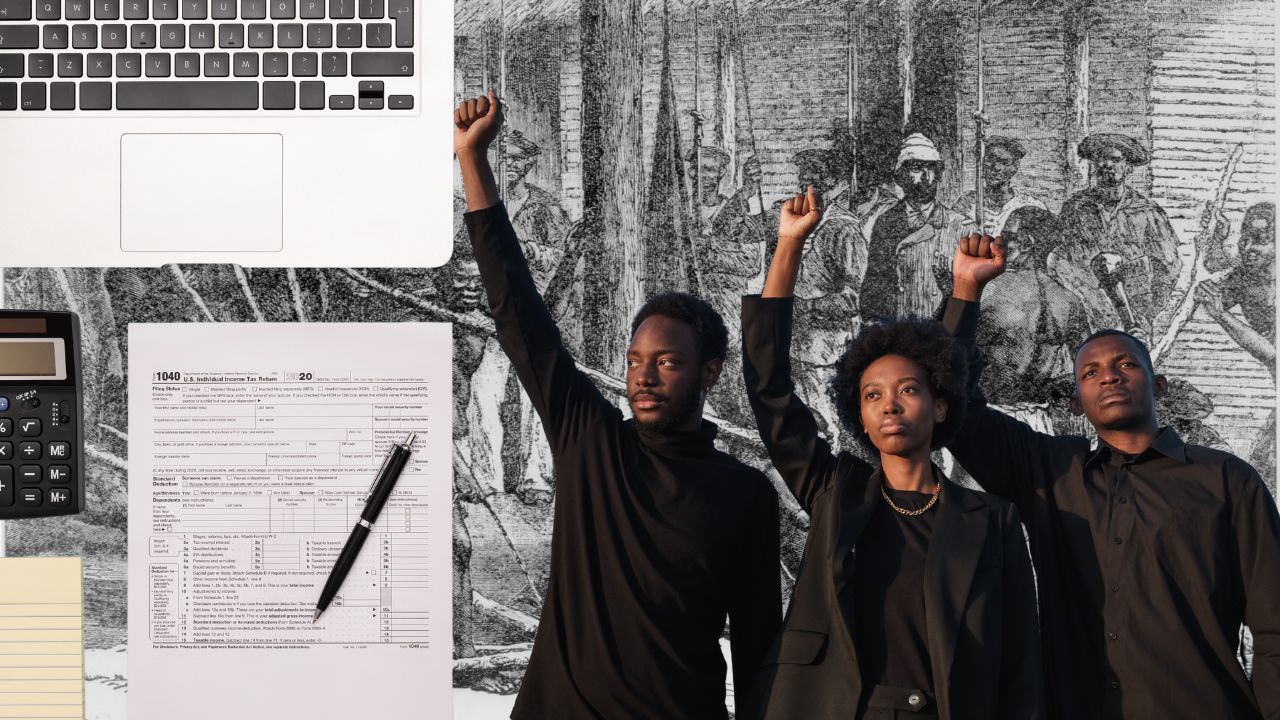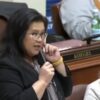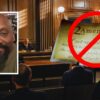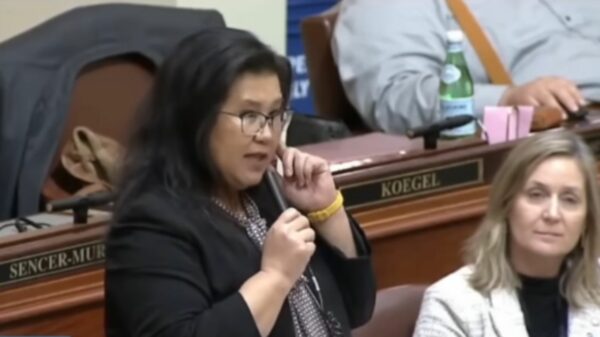In a bold move to address the longstanding issue of reparations for black Americans, activists in Chicago have put forward a novel proposal: exempting black people from paying property taxes. This new approach to compensation aims to acknowledge the historical injustices endured by the descendants of enslaved people and provide tangible relief to communities disproportionately affected by economic disparities.
Demand for Relief in Chicago
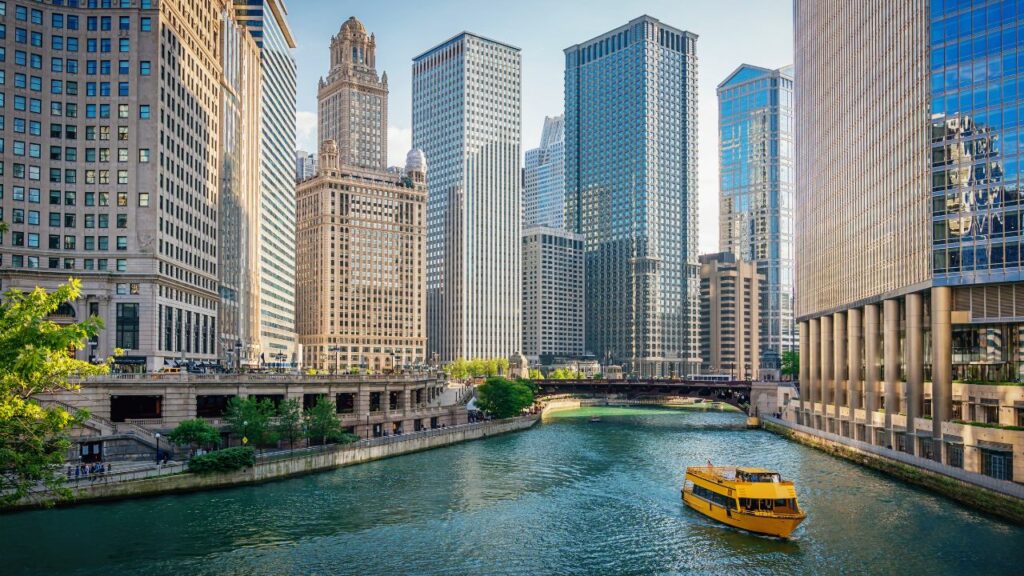
The campaign, prominently displayed on billboards across Chicago, demands a $6,000 relief on property taxes, which are notoriously high in the city. The initiative has gained traction following the high-profile case of Empire star Terrence Howard, who faced significant tax burdens and refused to pay, citing the immorality of taxing the descendants of slaves. Howard’s stance underscores the broader sentiment among advocates that reparations are long overdue for the African American community.
Leadership and Advocacy
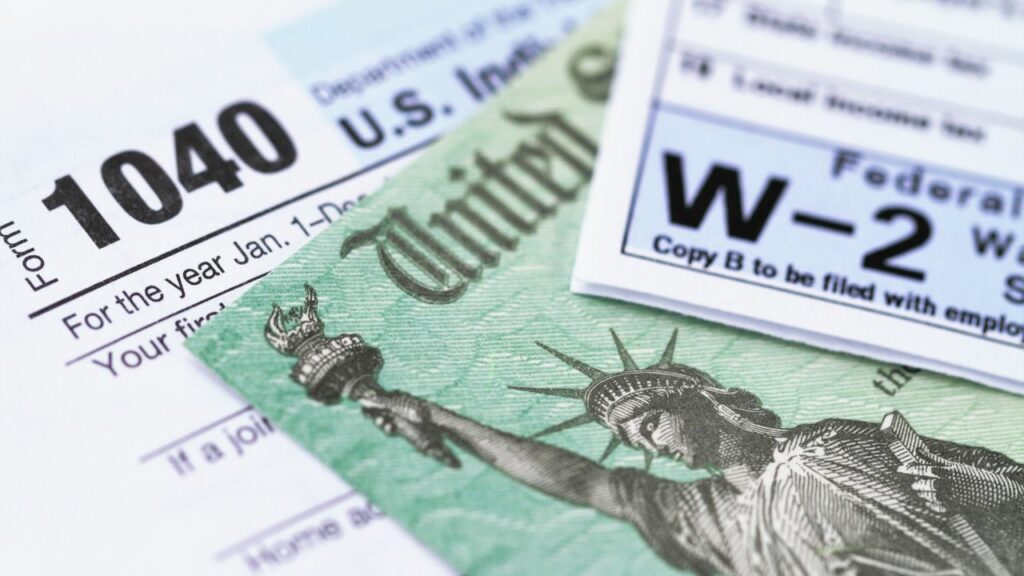
Former MSNBC host Tiffany Cross, a leader of the campaign, emphasized the need for tax breaks as a form of reparations. She echoed Howard’s sentiments, stating that it is unjust to demand taxes from individuals whose ancestors endured centuries of forced labor without compensation.
Tax Bracket Reduction

Cross proposed the implementation of policies that would exempt descendants of enslaved people from paying taxes or reduce their tax brackets, acknowledging the enduring economic impact of historical injustices.
Urgency of Reparative Measures
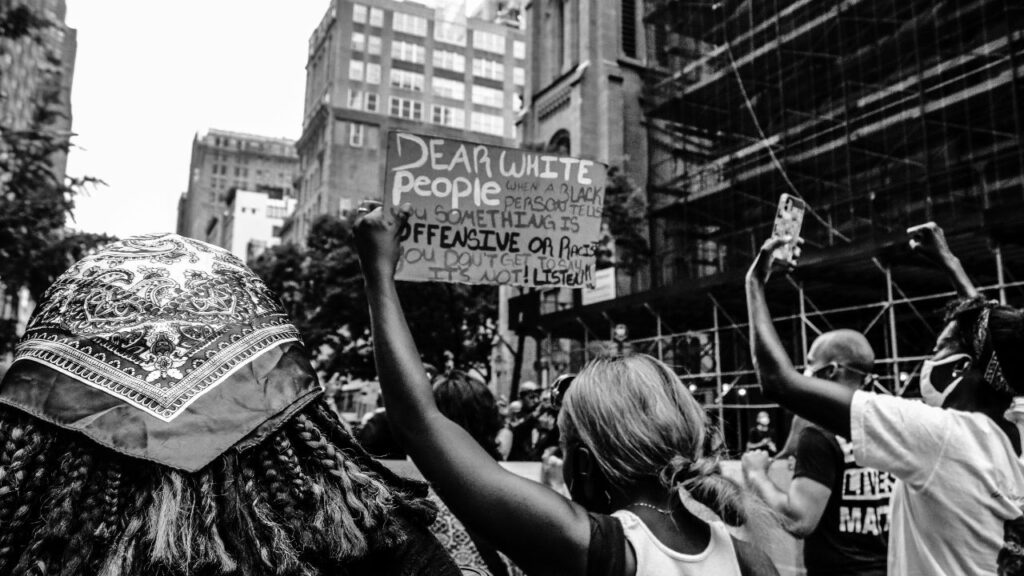
The Reconstruction Era Reparations Act Now organization, led by Howard Ray Jr., has also joined the push for reparations. Highlighting the systemic injustices faced by black residents of Chicago, Ray pointed to widespread evictions and displacement as evidence of the urgent need for reparatory measures.
Economic Disparities

He emphasized the importance of addressing economic disparities and ensuring that black Americans can thrive in their communities without facing financial barriers.
Growing Momentum and Political Support
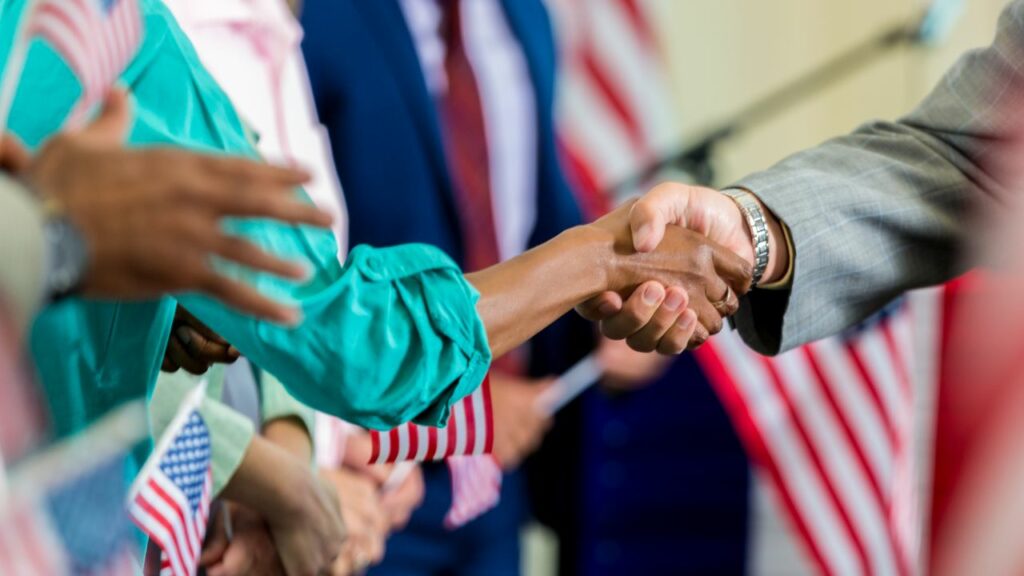
The call for reparations has gained momentum in recent years, with elected officials like Rep. Jamaal Bowman openly supporting the redistribution of public funds to address racial inequality. Bowman and others have proposed innovative solutions to fund reparations, such as investing money “into existence” to finance multi-billion dollar reparations packages. These proposals reflect a growing recognition of the government’s responsibility to address the legacy of slavery and systemic racism.
Challenges and Opposition
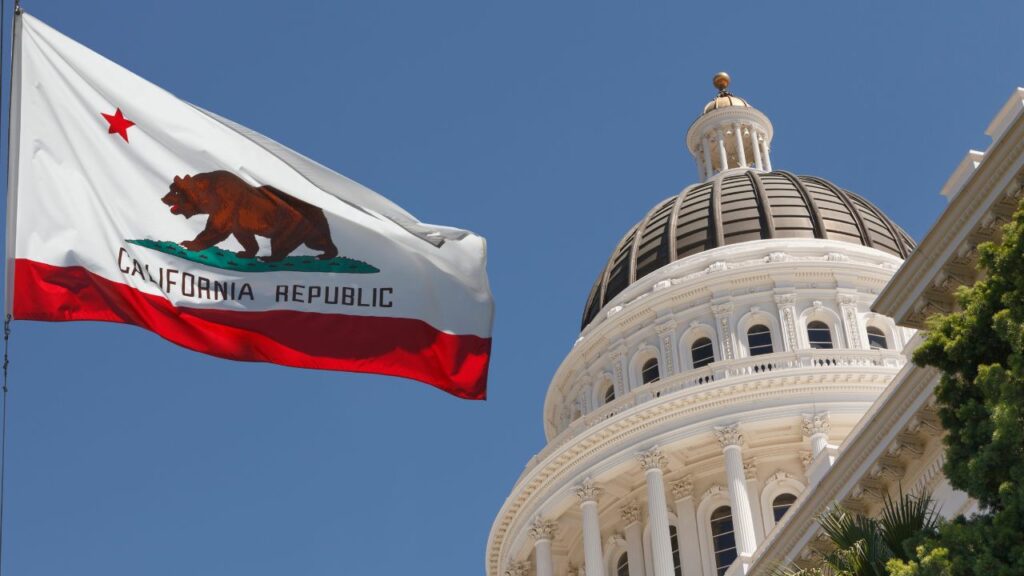
However, ambitious plans for reparations, such as those proposed by the state of California and the city of San Francisco, face significant challenges and opposition. Despite efforts to allocate substantial funds for reparations, including guaranteed annual incomes and housing subsidies, there are concerns about the feasibility and sustainability of such initiatives. California Governor Gavin Newsom has expressed reservations about the proposed plans, highlighting the complexities of implementing reparations on a large scale.
Moving Forward with Equity
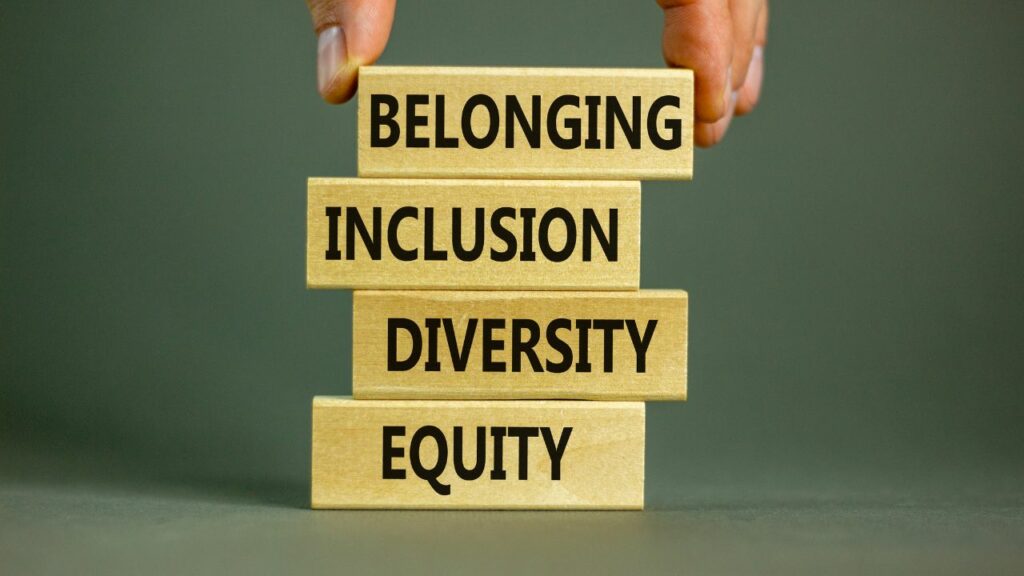
As the debate over reparations continues to evolve, advocates are pushing for innovative solutions to address the enduring impact of slavery and systemic racism. The proposal to exempt black people from paying property taxes represents a bold step towards acknowledging historical injustices and providing meaningful reparations to marginalized communities.
Impact On Broader Conversations

What do you think? How might the proposed tax exemption for black people in Chicago impact broader conversations about reparations and economic justice in the United States? Are tax breaks a sufficient form of reparations for the systemic injustices faced by the descendants of enslaved people, or are more comprehensive measures needed?
Possible Challenges
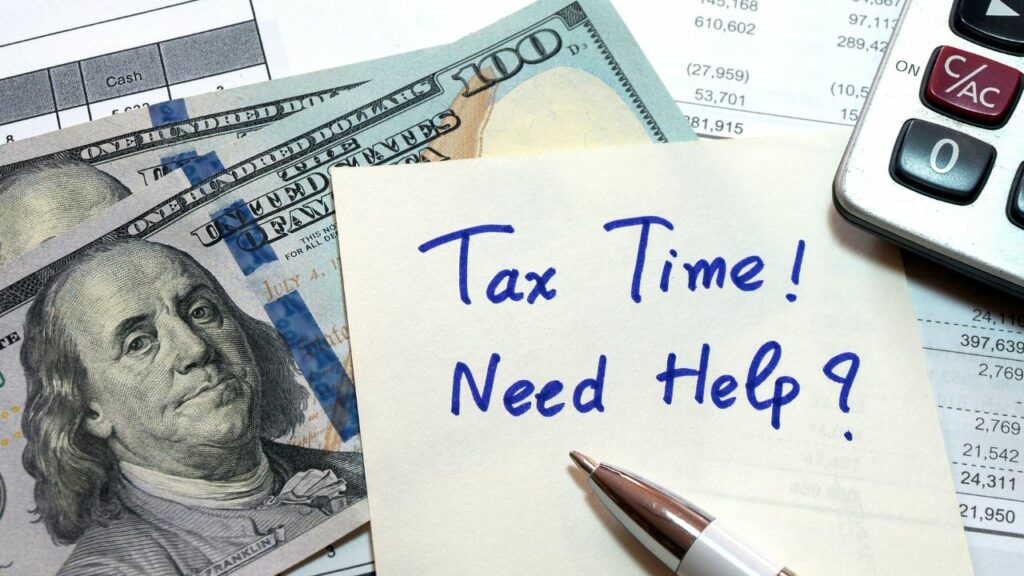
What challenges might arise in implementing policies to exempt descendants of enslaved people from paying taxes, and how can these challenges be addressed? How do the proposed reparations initiatives in California and San Francisco reflect broader debates about racial equity and the role of government in addressing historical injustices?
